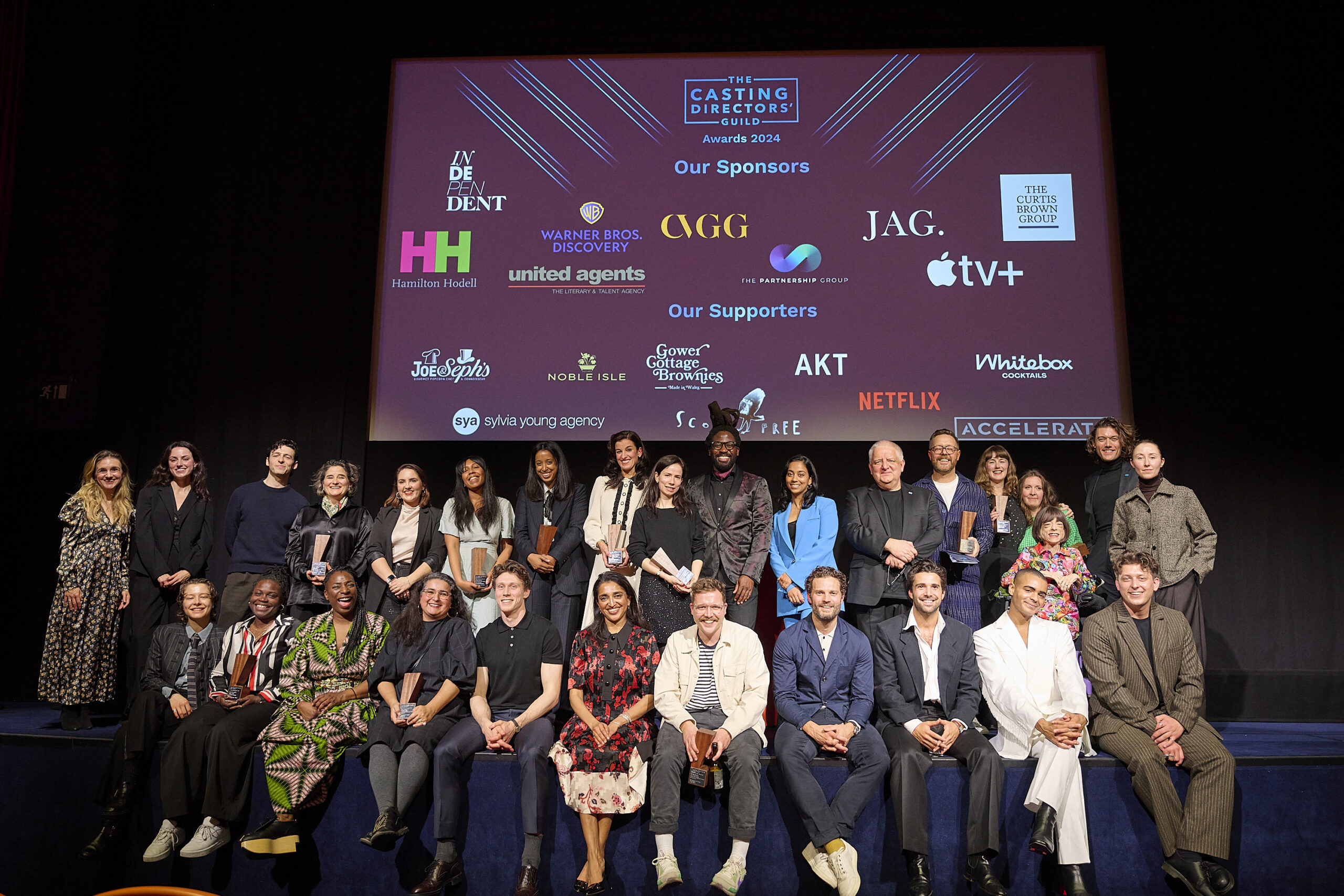Performer and coach Tahlia Norrish talks about the complex topic of fame, how quickly won fame can be sustained and how quickly this fame can be lost.
Fame.
A complex topic, yes, but one we’d like to attempt to tackle here regardless. It’s been a surprisingly frequent – and often subconscious – pain-point amongst coaching clients, so this is how we’ve started to unpack what has become such a loaded subject for so many in our field.
For those just wanting the six-word breakdown of this piece and the broader life principle behind it, the Tweet-friendly version is this: anything quickly won is quickly lost.
For those up for the deep-dive, let’s go.
First things first, let’s dispel any guilt we may have around wanting recognition, admiration, or ‘fame’. Relax amigo, we aren’t the first, and we certainly won’t be the last. In fact, it’s natural to desire to do so. This is actually a very human condition. Having a certain level of status back in our primal days meant we were more likely to be included and valued in our tribe, find a mate, and simply survive. There’s no need to add to the already abundant actor insecurity by feeling all taboo about this. We’re human. Welcome to the race.
So instead of expending unnecessary energy here, let’s channel it towards an important question:
How long do we want to sustain it?
Embarrassingly, there was a moment where we fleetingly debated calling this piece, ‘Why You (Probably) Don’t Want Quick Fame’. Fortunately, some scrap of dignity spared us all the agony of yet another clickbait-y headline, but the ‘(Probably)’ speaks to the crossroads vital to address: if we’re only seeking a one-night-stand experience of ‘fame’ as an actor, we might, in fact, want to do so relatively quickly. It’s up to us to author our personal journey, and it’s absolutely valid to decide we’d just like a single moment in the spotlight.
If, however, we’re aiming to still be on the acting A-list well into our sixties, a significantly different approach is required.
What’s our truth?
If it’s genuinely the former, power to us. The strategies by which one may pursue this route won’t be covered here, but it’s meaningful we’ve come to this realisation if nothing else.
If it’s genuinely the latter, equal power to us. The below outlines how we’ve started to think about this – both personally and with our actors.
Continued success can’t be won with luck alone.
Flukes happen, for sure, but the odds are very much stacked against us when our greatest dreams and goals rely exclusively on luck. It’s worth thinking about for a hot second: are we really okay leaving our greatest dreams and goals to temperamental chance? Are our life’s greatest dreams and goals really something we want to gamble with?
If our answer is ‘no’, take heart, there’s another path. A reassuring, well-worn path by which we can increase our ‘Luck Surface Area’ (shout out to Jason Roberts for this fantastic concept).
Build a solid foundation slow ’n steady.
There’s a quote from George S. Clason’s classic, The Richest Man in Babylon, that reads: “Wealth that stayeth to give enjoyment and satisfaction to its owner comes gradually, because it is a child born of knowledge and persistent purpose.”
While this wisdom was originally offered in relation to securing financial success, the principle is 1000% applicable here too.
Things that come to us quickly, without much investment on our part, will be hard to sustain or replicate again. Why? Because there wasn’t an underlying structure or system.
Applied to a trivial example, we’d have a hard time recreating that heavenly cake we once made by just throwing random ingredients together. This is why we have recipes.
‘Recipe creation’ is something we can develop by ourselves, or with the assistance of a coach or fellow actor-warrior. Just as we prepare flour and baking powder for a cake, we can ask, “What individual elements do I need to get to a result of X?” Speaking from experience, it can at first seem like a never-ending process of iteration, but hey, at least we get to enjoy some tasty cake as we go.
As James Cameron says, “Hope is not a strategy.” Hope alone is also not a very empowering place to be.
So, if we truly desire ‘instant fame’, we needn’t feel dirty about it. We may want to briefly ponder why so many before us have warned it isn’t all it’s cracked up to be, but if we still want to experience it for ourselves to decide, awesome. It’s our life and we must own it. “Shine forth like the meteors that oft make brilliant the sky” (another poetic line from George S. Clason).
If instead, we desire a steady staying power, we should then think like the “Fixed stars that shine so unchanged that the sailor may depend upon them to steer his course” (our last Clason quote, promise).
If you’re moved to head into the metaphorical kitchen, welcome! We genuinely look forward to seeing the results of your wild recipe creation.
 Tahlia Norrish is an Aussie-Brit actor, writer, and current MPhil Candidate at the University of Queensland’s School of Sport Sciences. After graduating from The Liverpool Institute for Performing Arts (Distinction, Acting and Musical Theatre) and Rose Bruford College (First Class Hons, Acting), Tahlia founded The Actor’s Dojo — a pioneering coaching program centred on actor peak performance and holistic wellbeing.
Tahlia Norrish is an Aussie-Brit actor, writer, and current MPhil Candidate at the University of Queensland’s School of Sport Sciences. After graduating from The Liverpool Institute for Performing Arts (Distinction, Acting and Musical Theatre) and Rose Bruford College (First Class Hons, Acting), Tahlia founded The Actor’s Dojo — a pioneering coaching program centred on actor peak performance and holistic wellbeing.
Headshot credit: Ben Wilkin
Main Photo by Fabian Centeno on Unsplash












